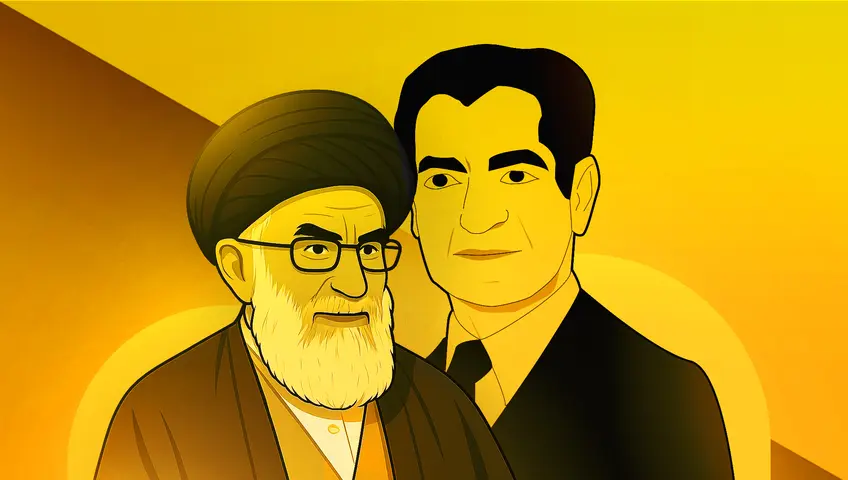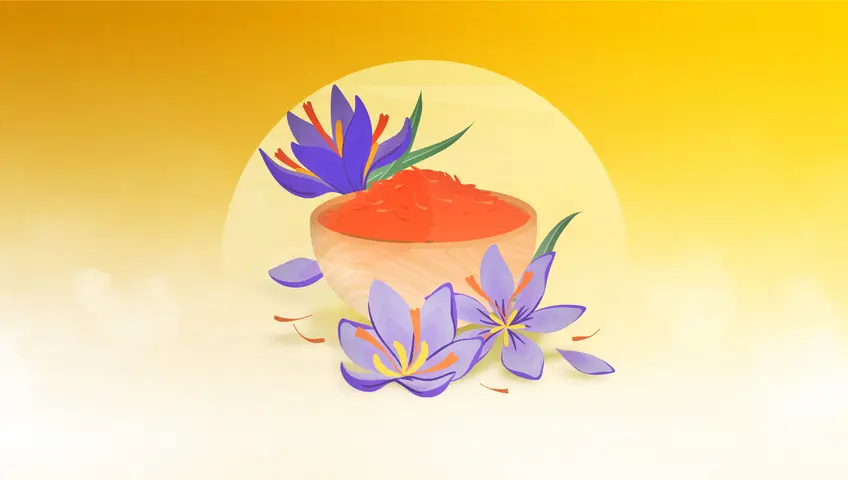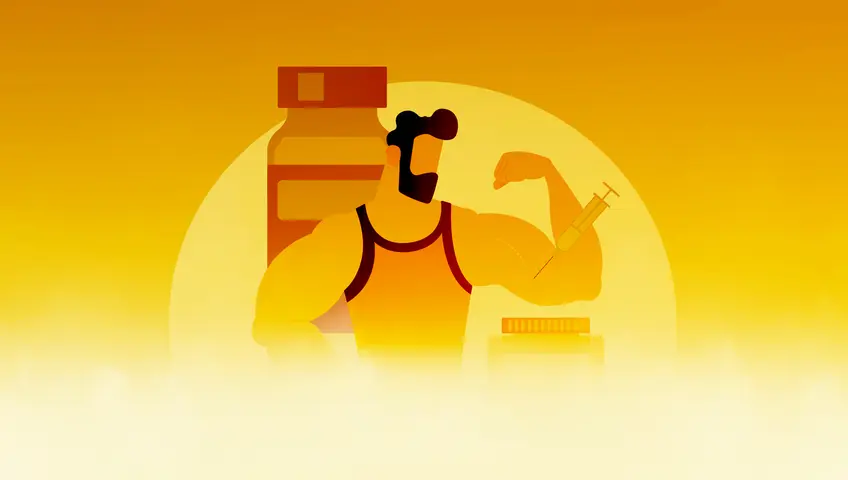Latest Articles
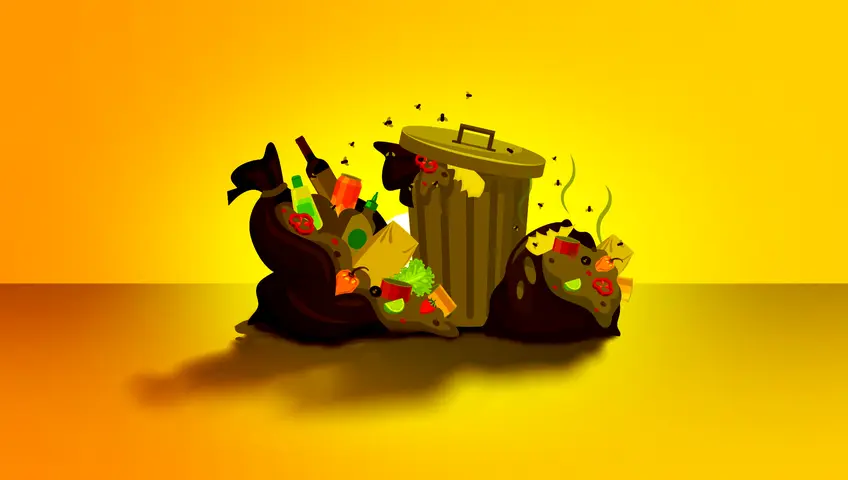
Iran’s Waste Problem Isn’t the Public
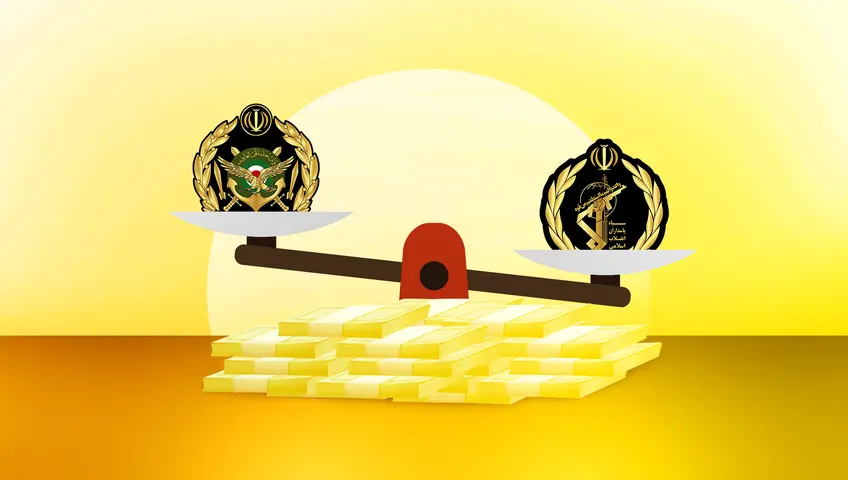
IRGC Budget Nearly Twice That of Army in 2025

Iran’s Soaring Debt Fuels Inflation Crisis, Now Ranks 5th Worldwide
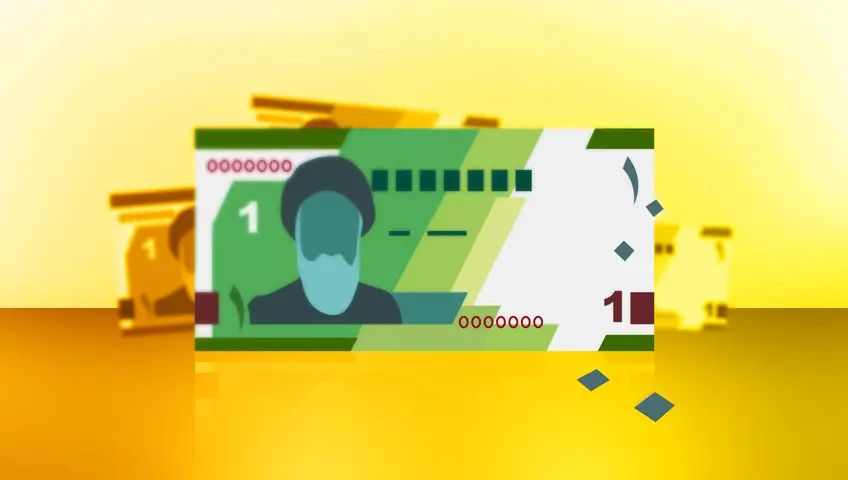
Iran’s Plan to Drop Four Zeros Won’t Stop Inflation’s Toll
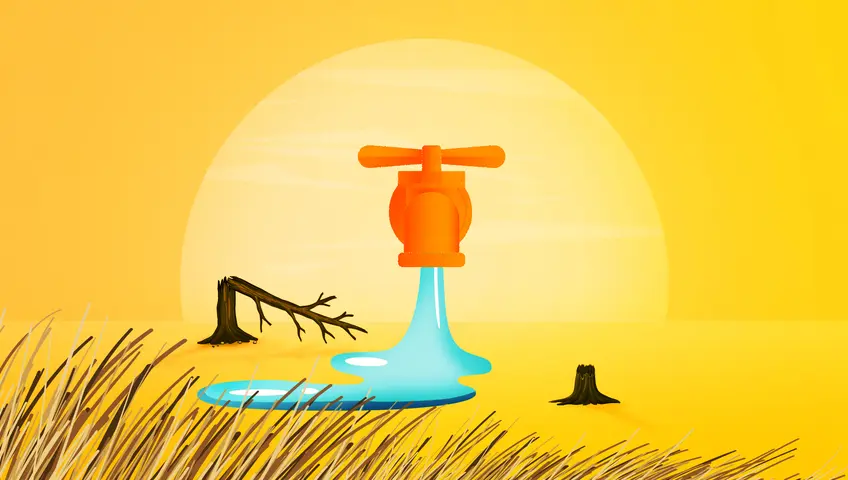
Iran Shuts Down Provinces Amid Deadly Heat and Water Crisis
